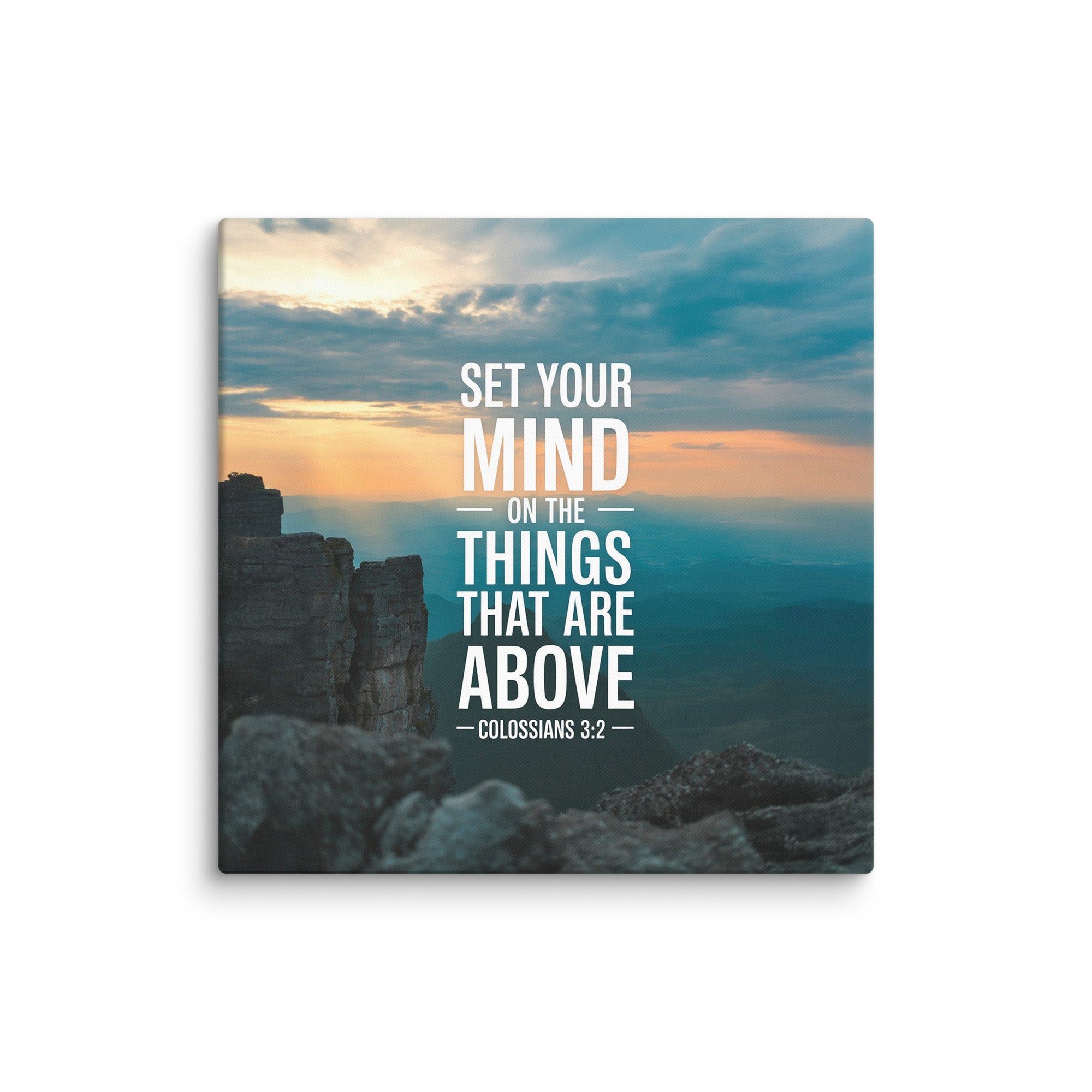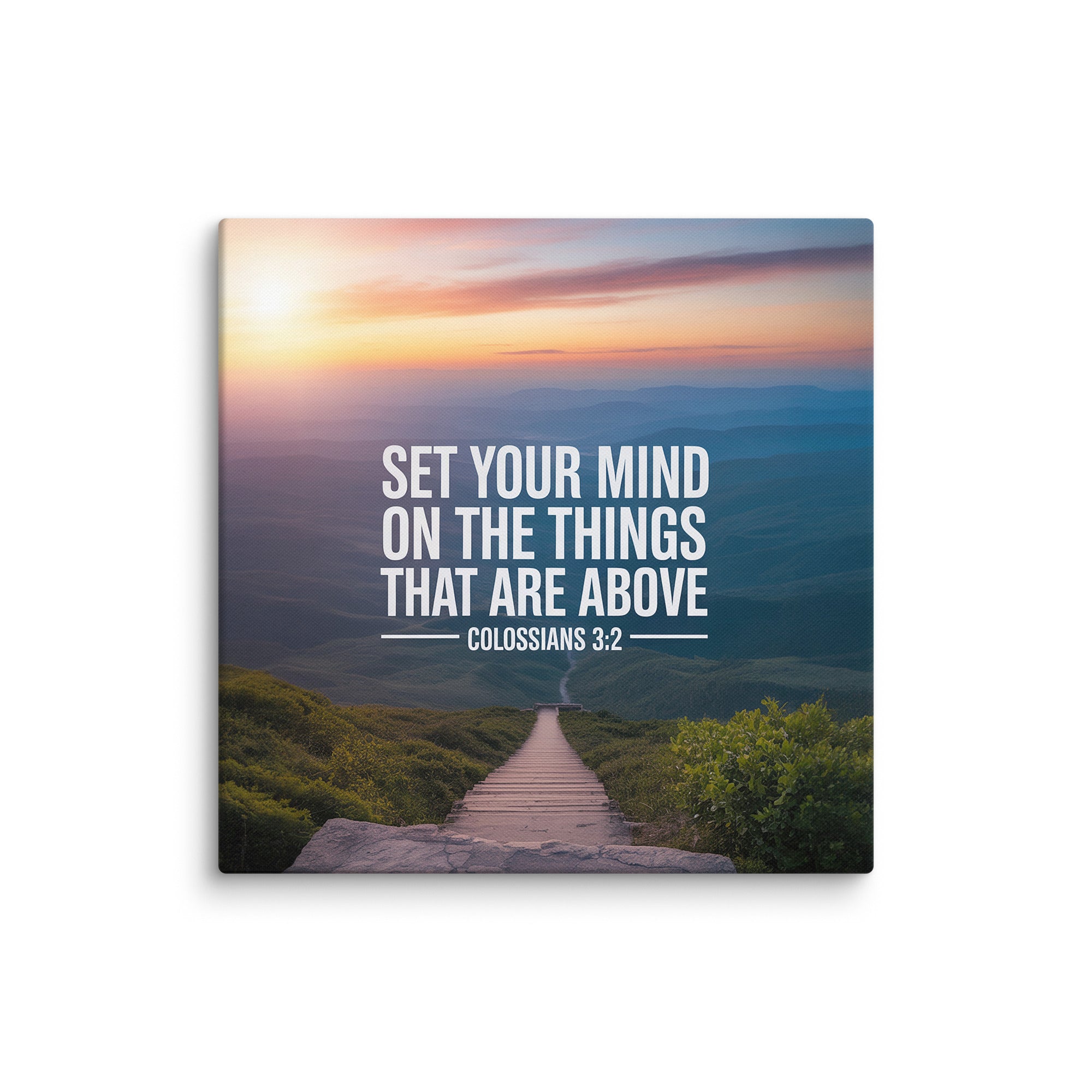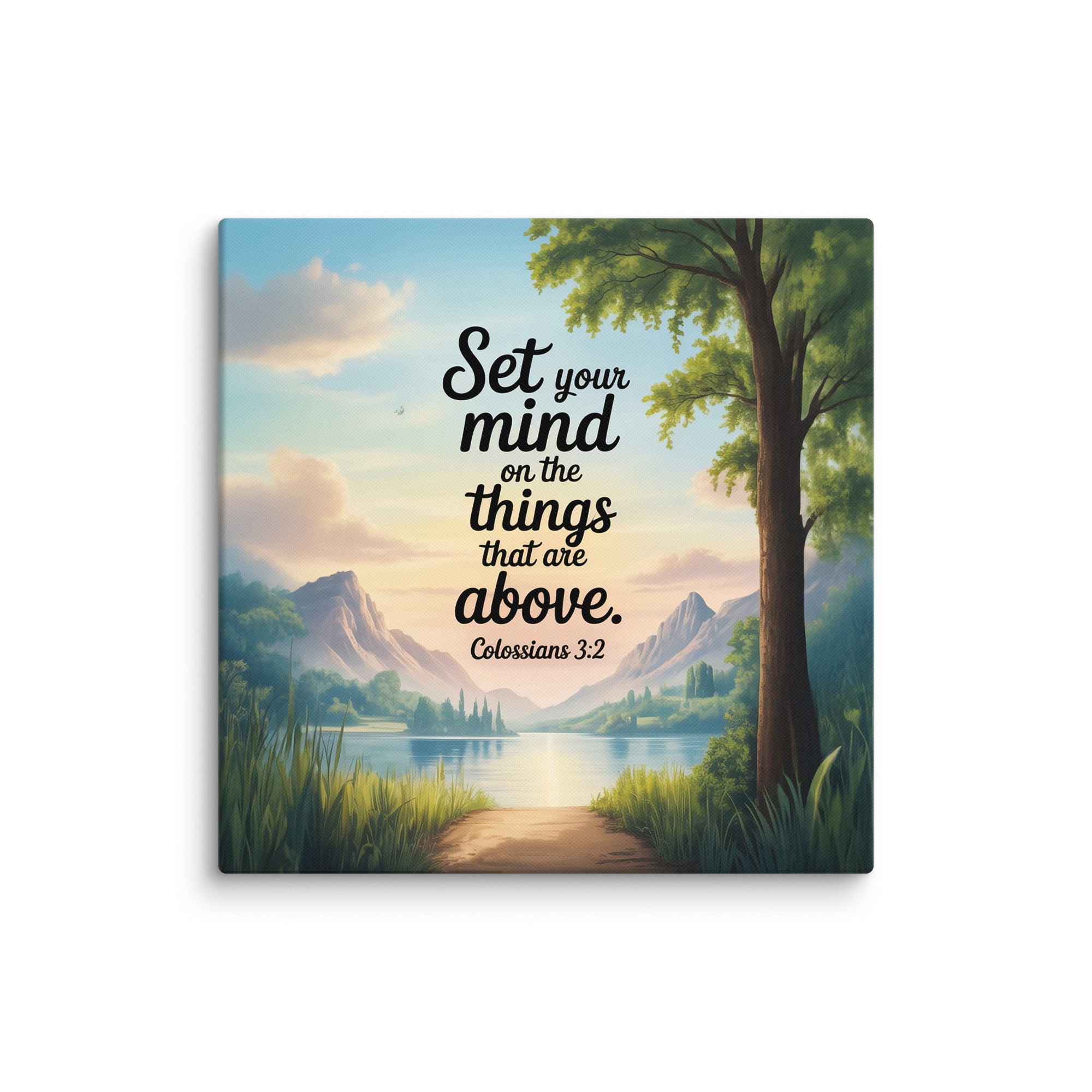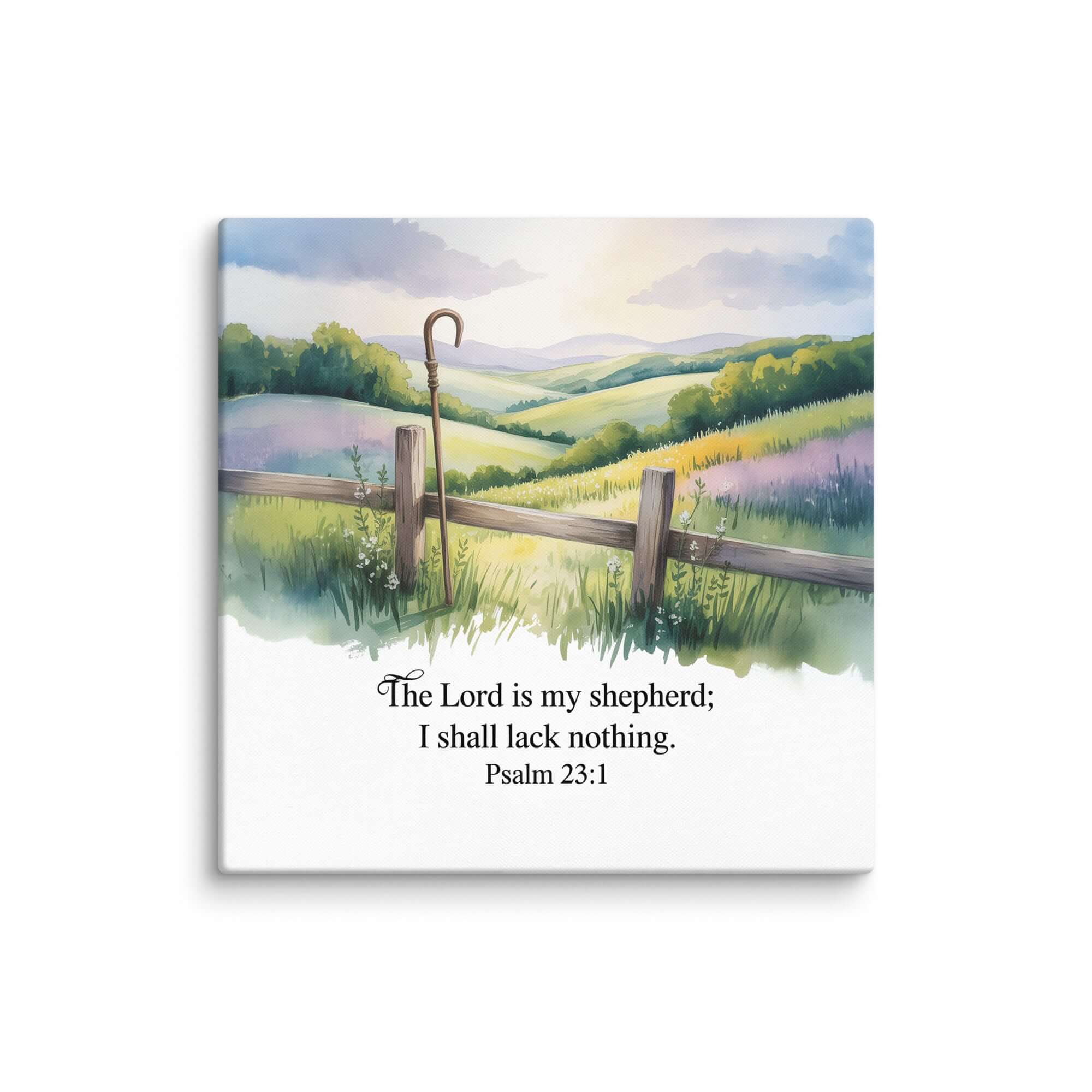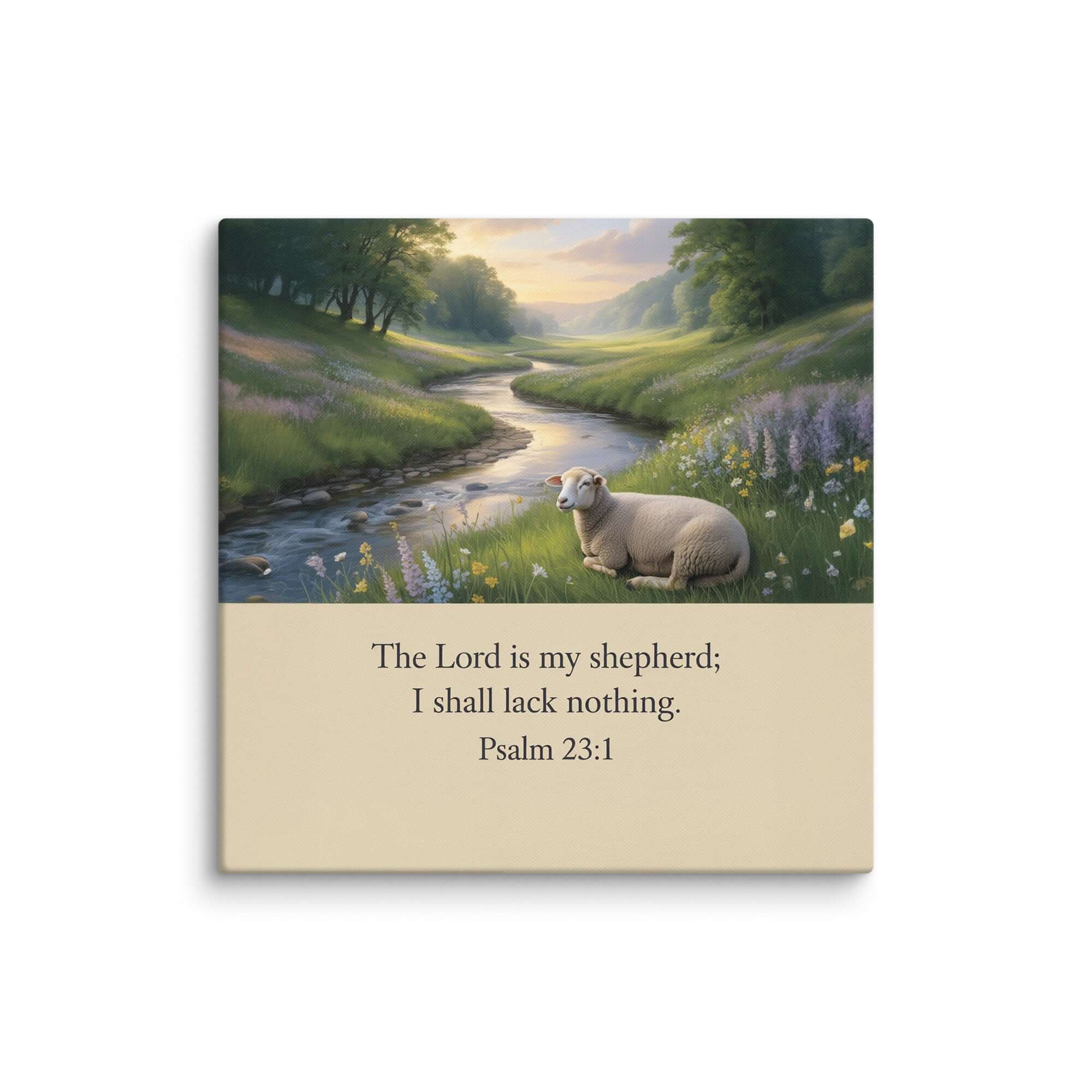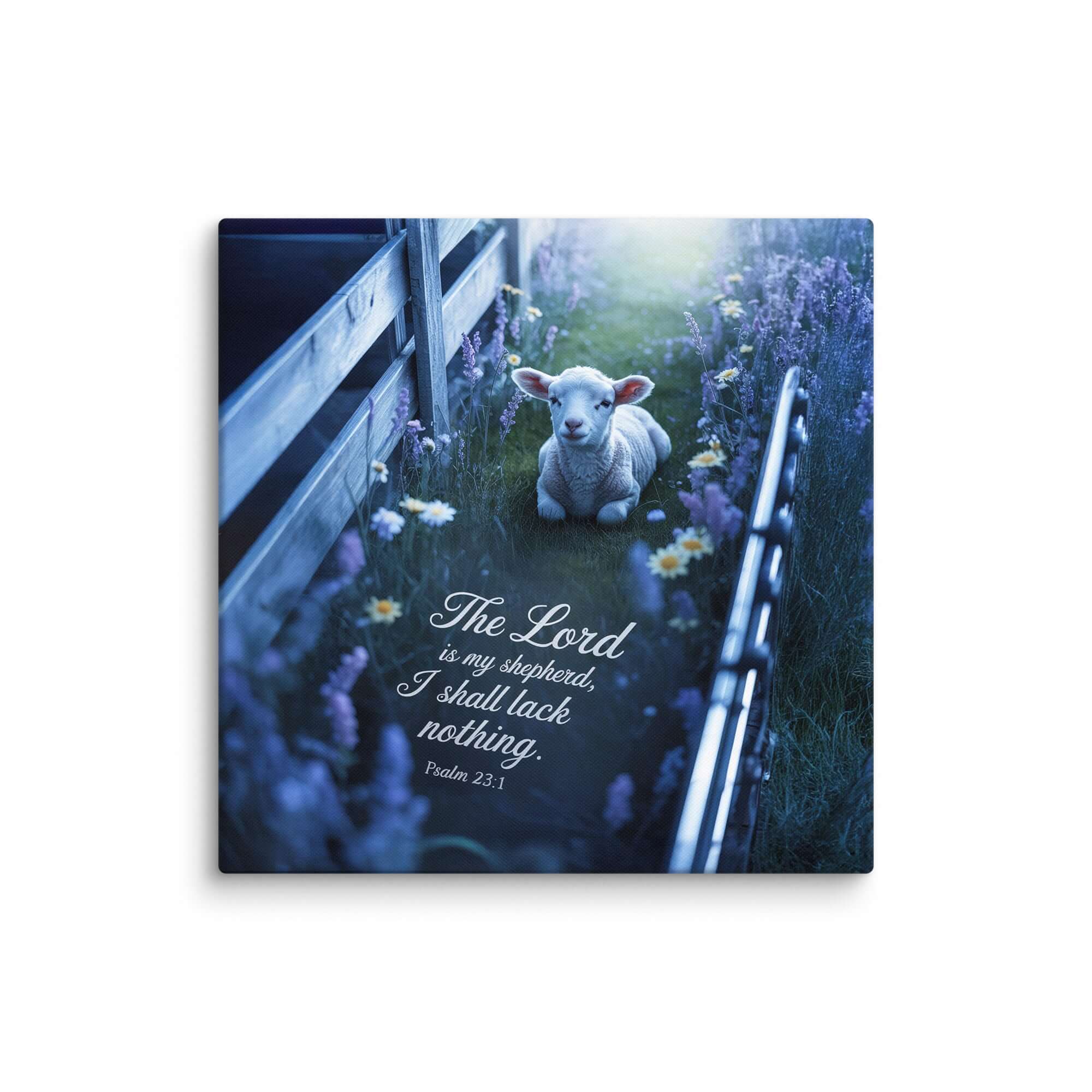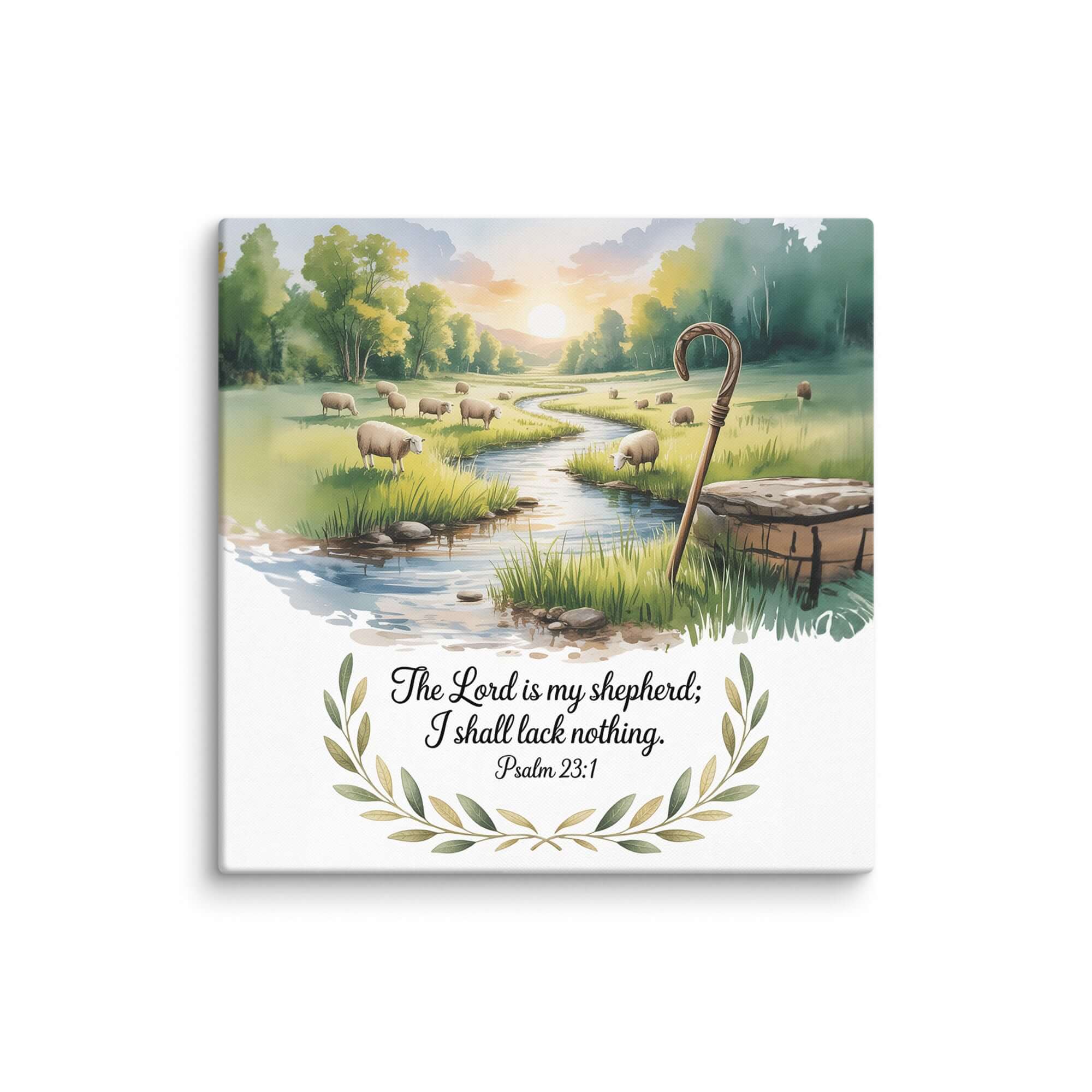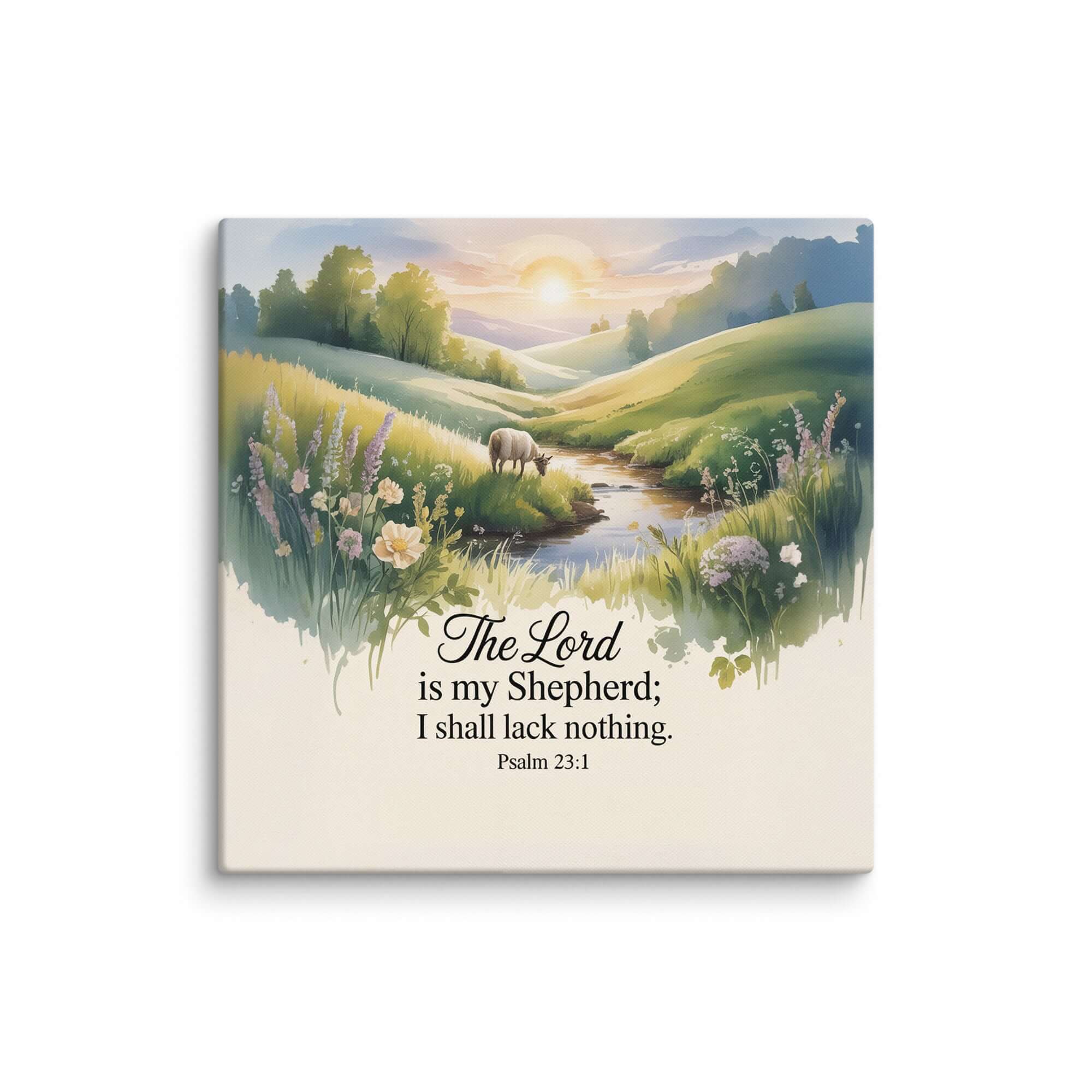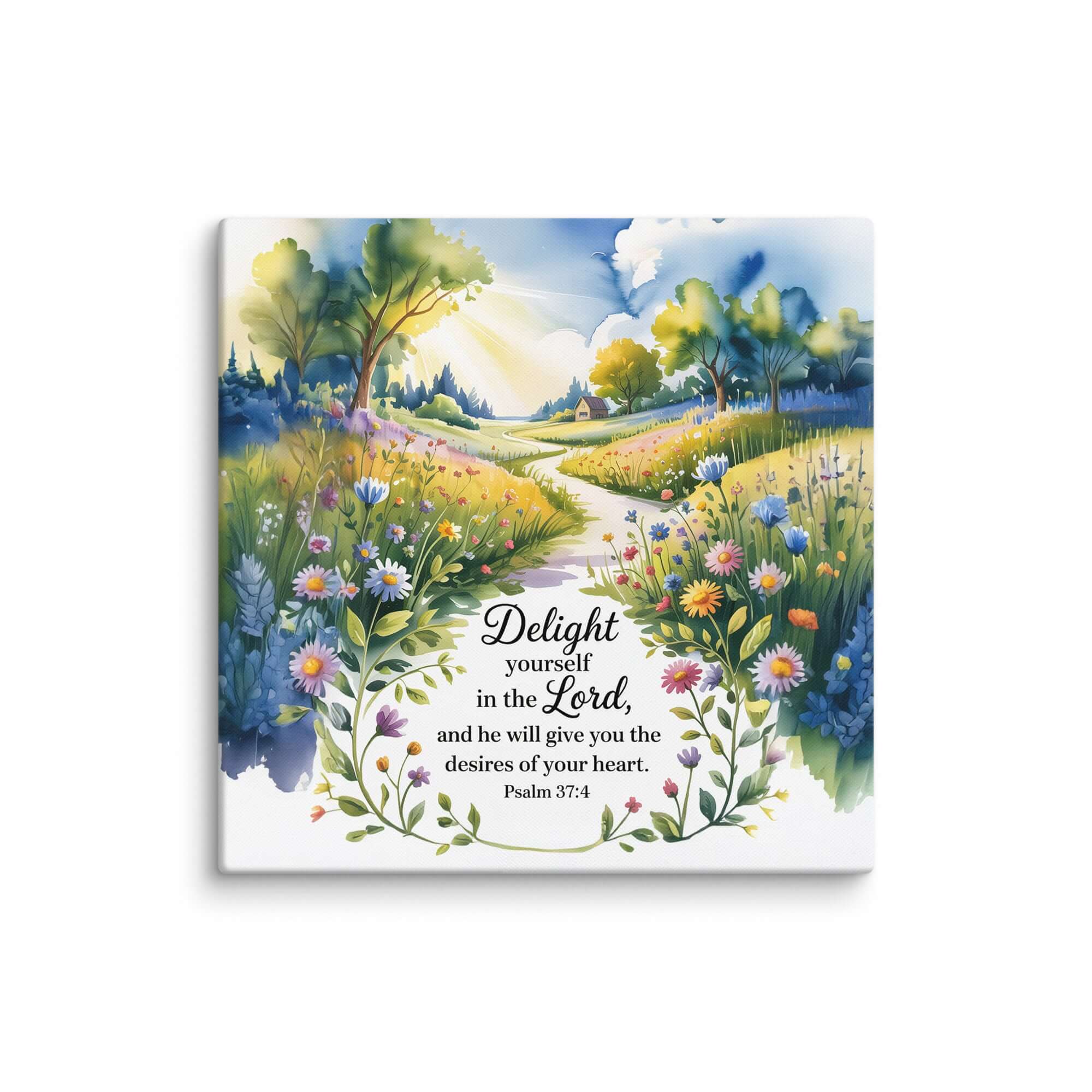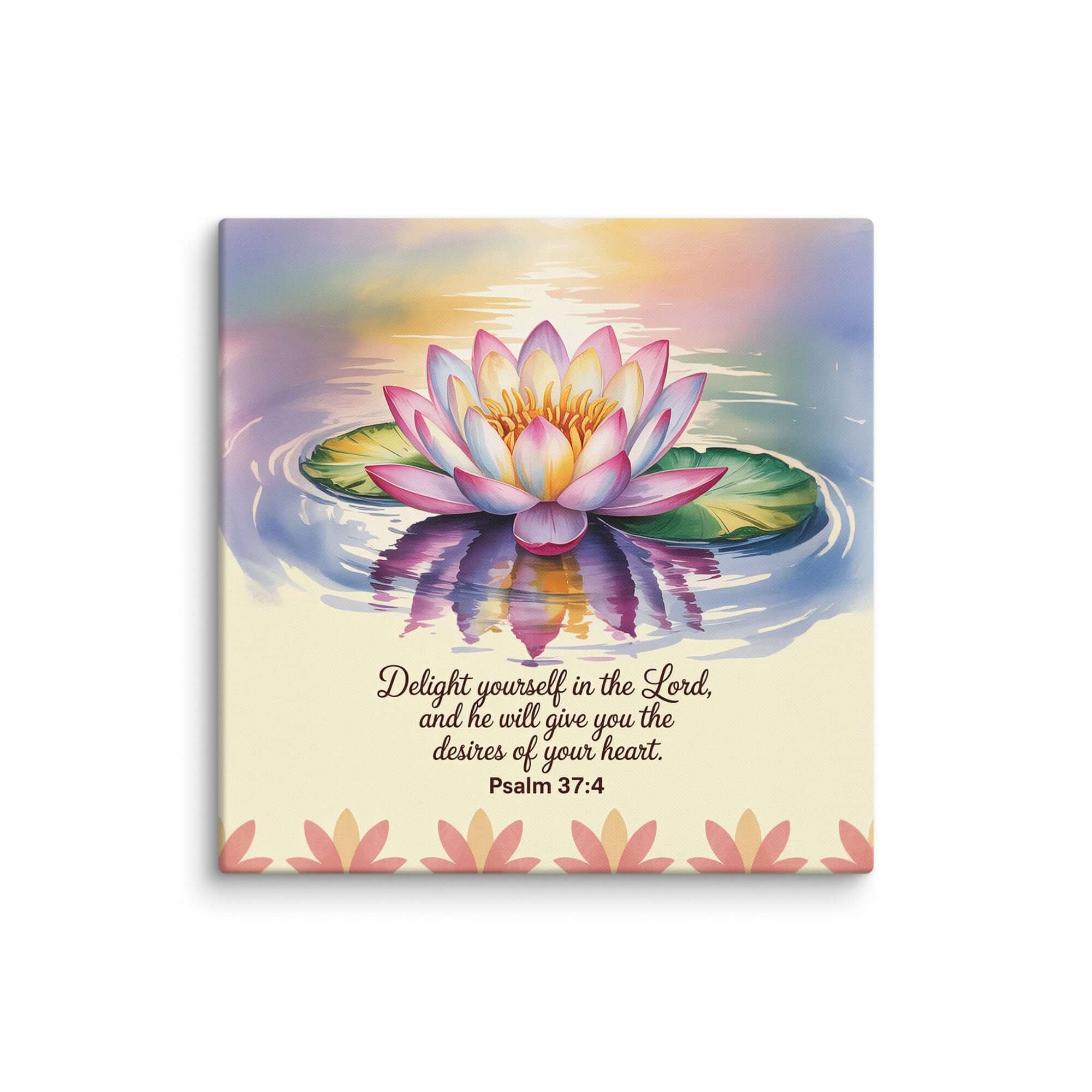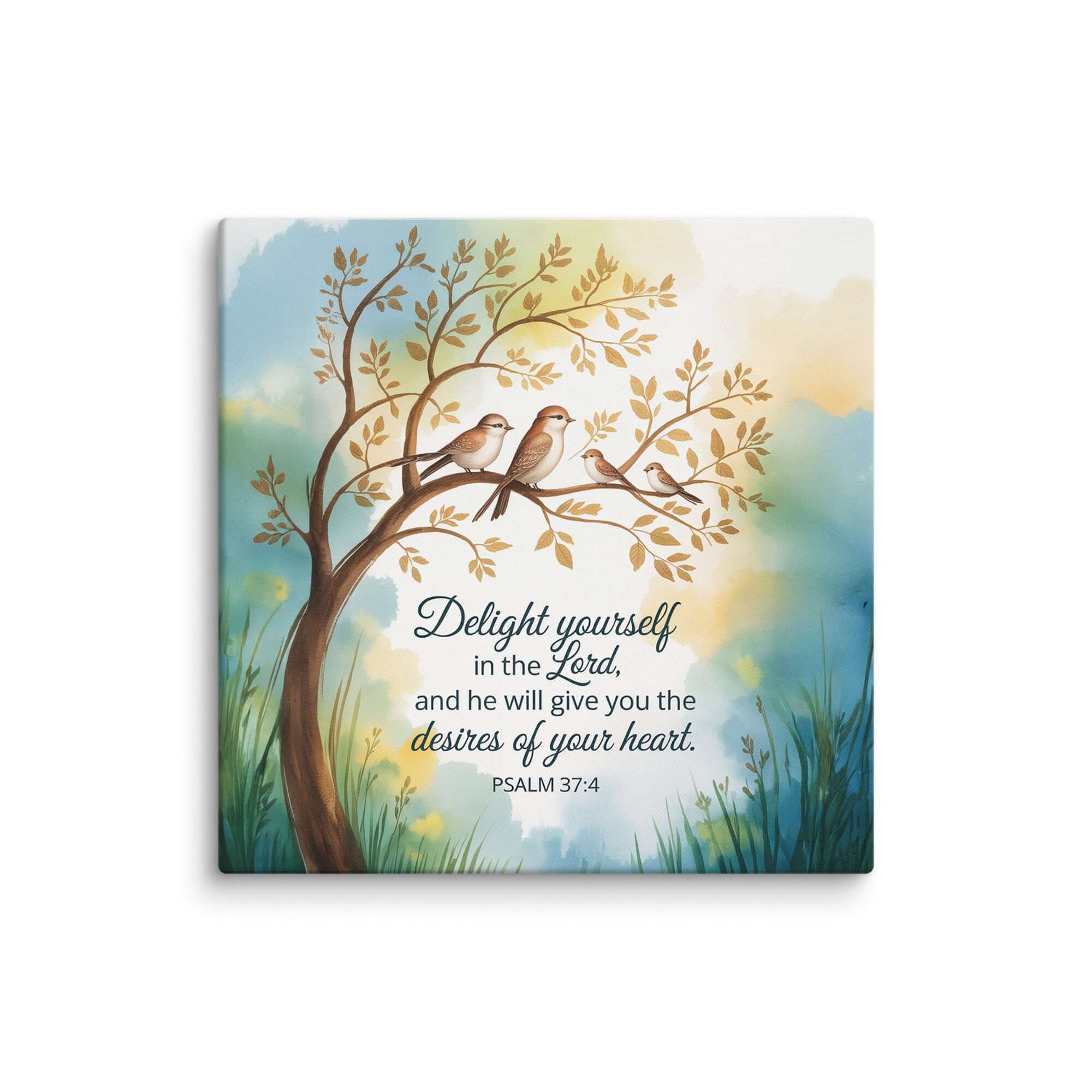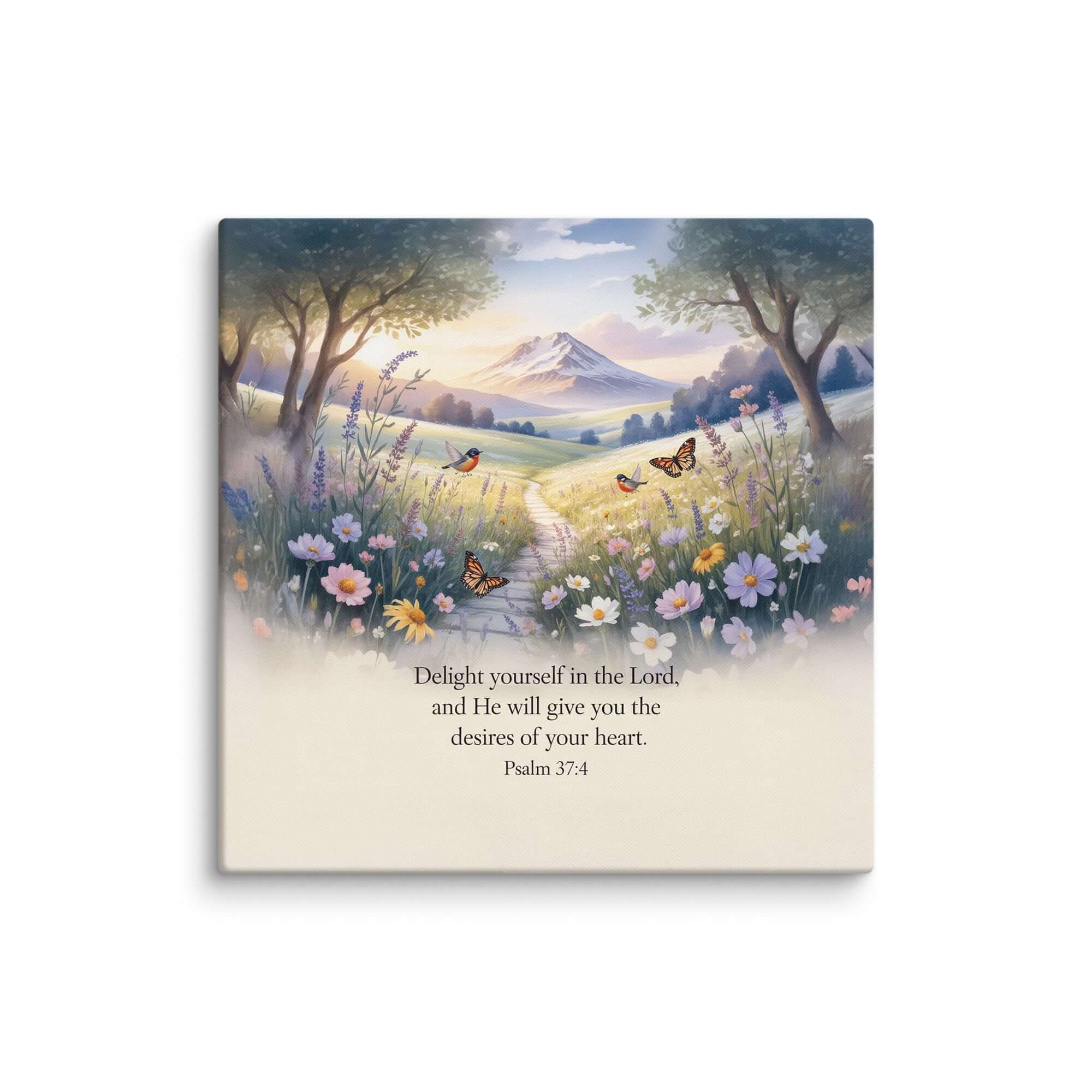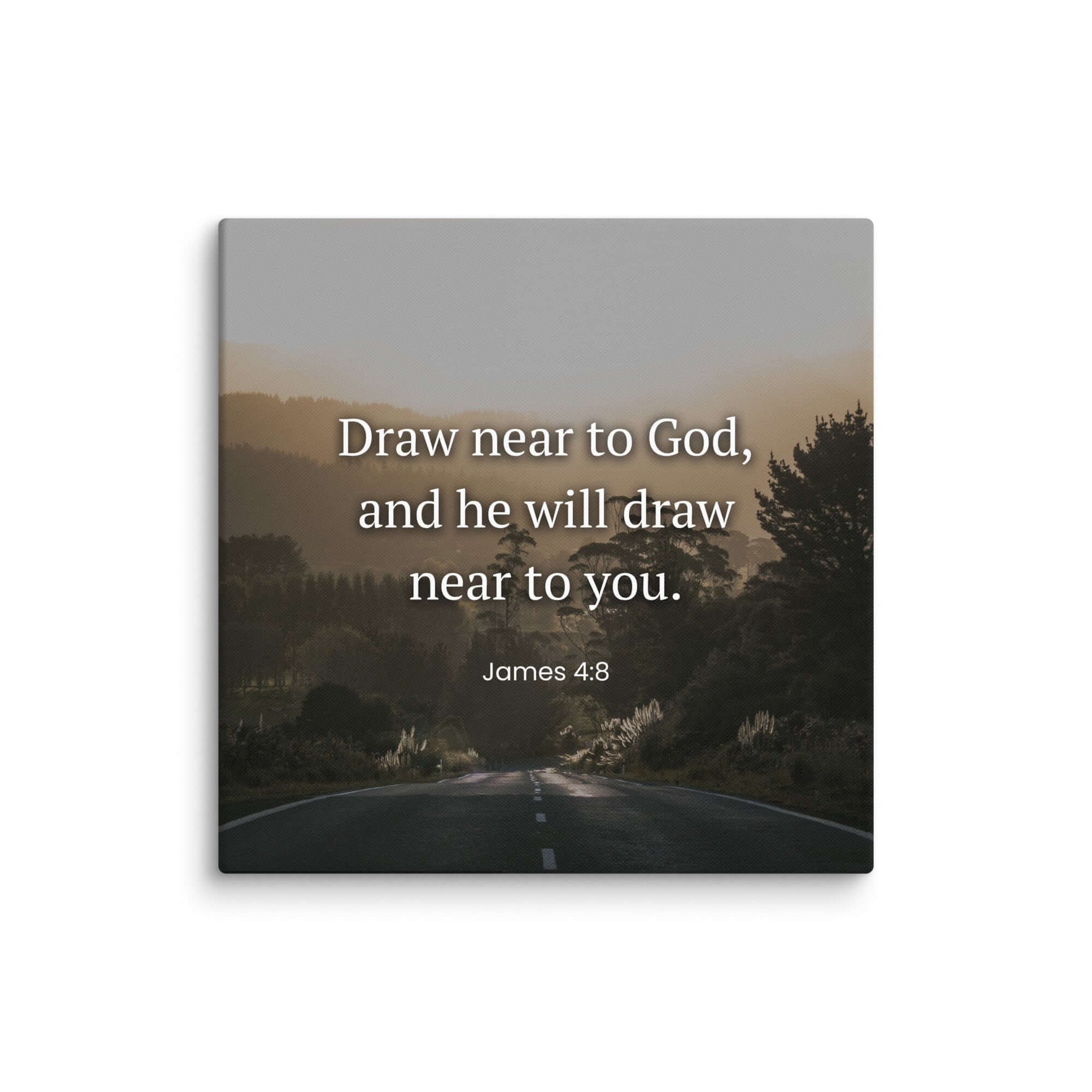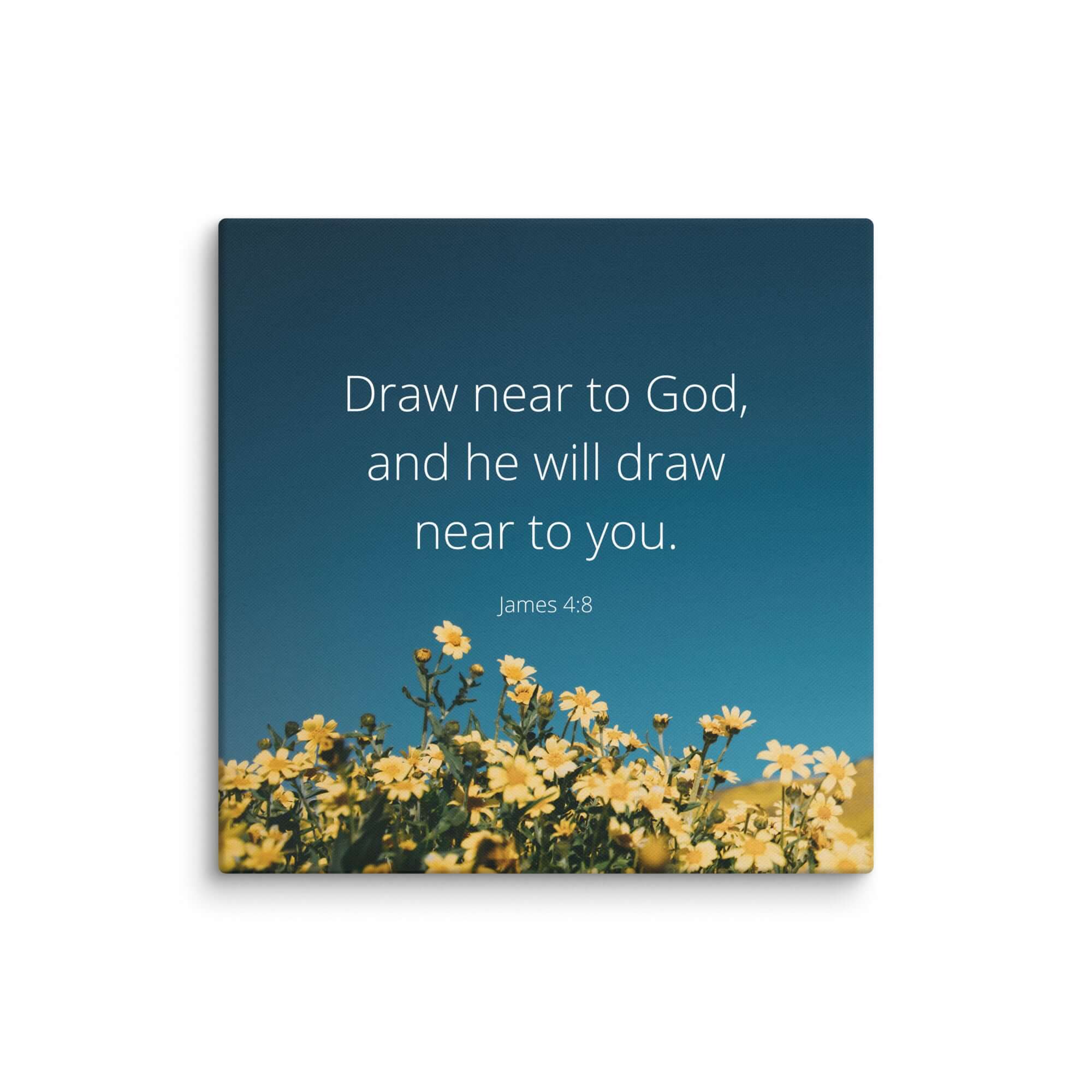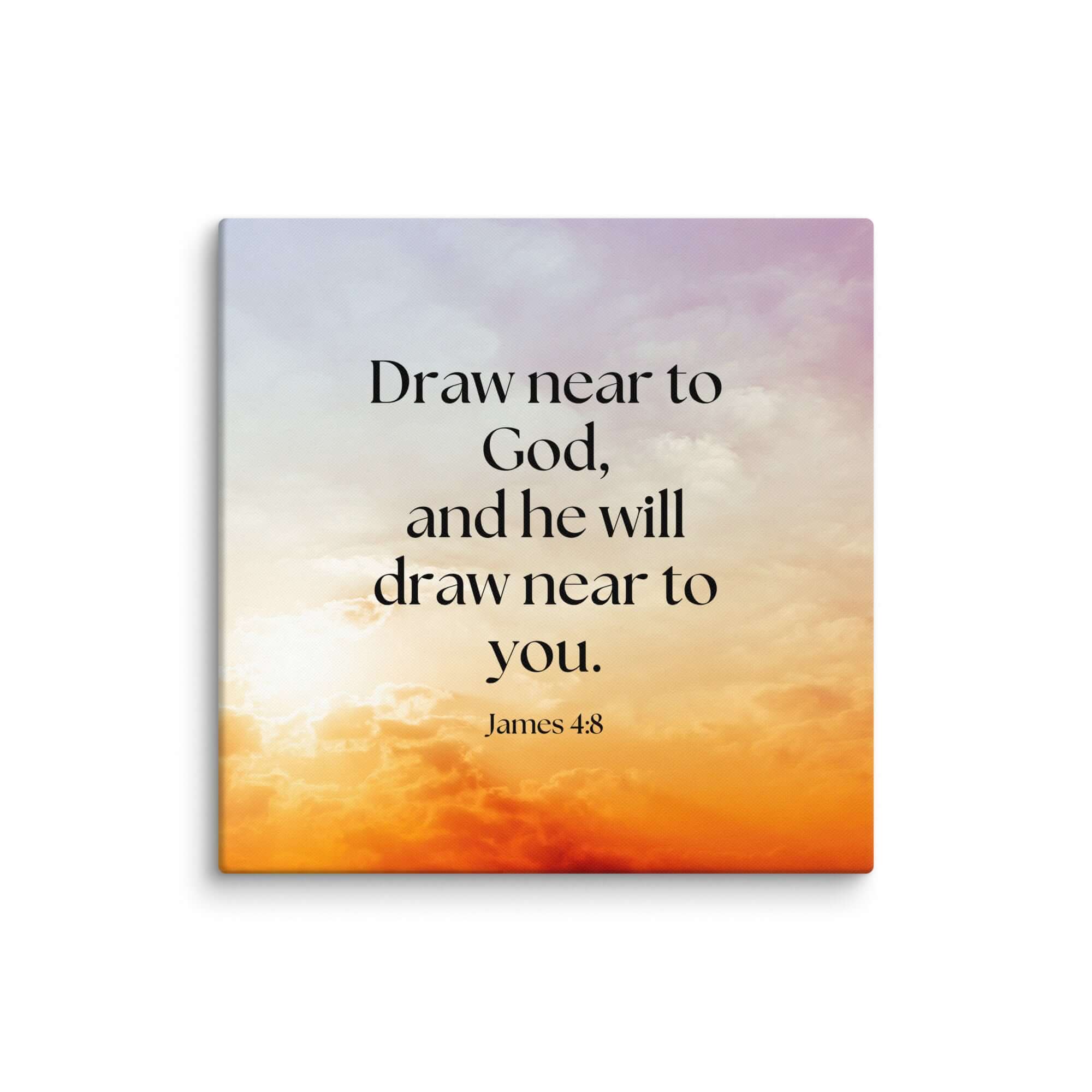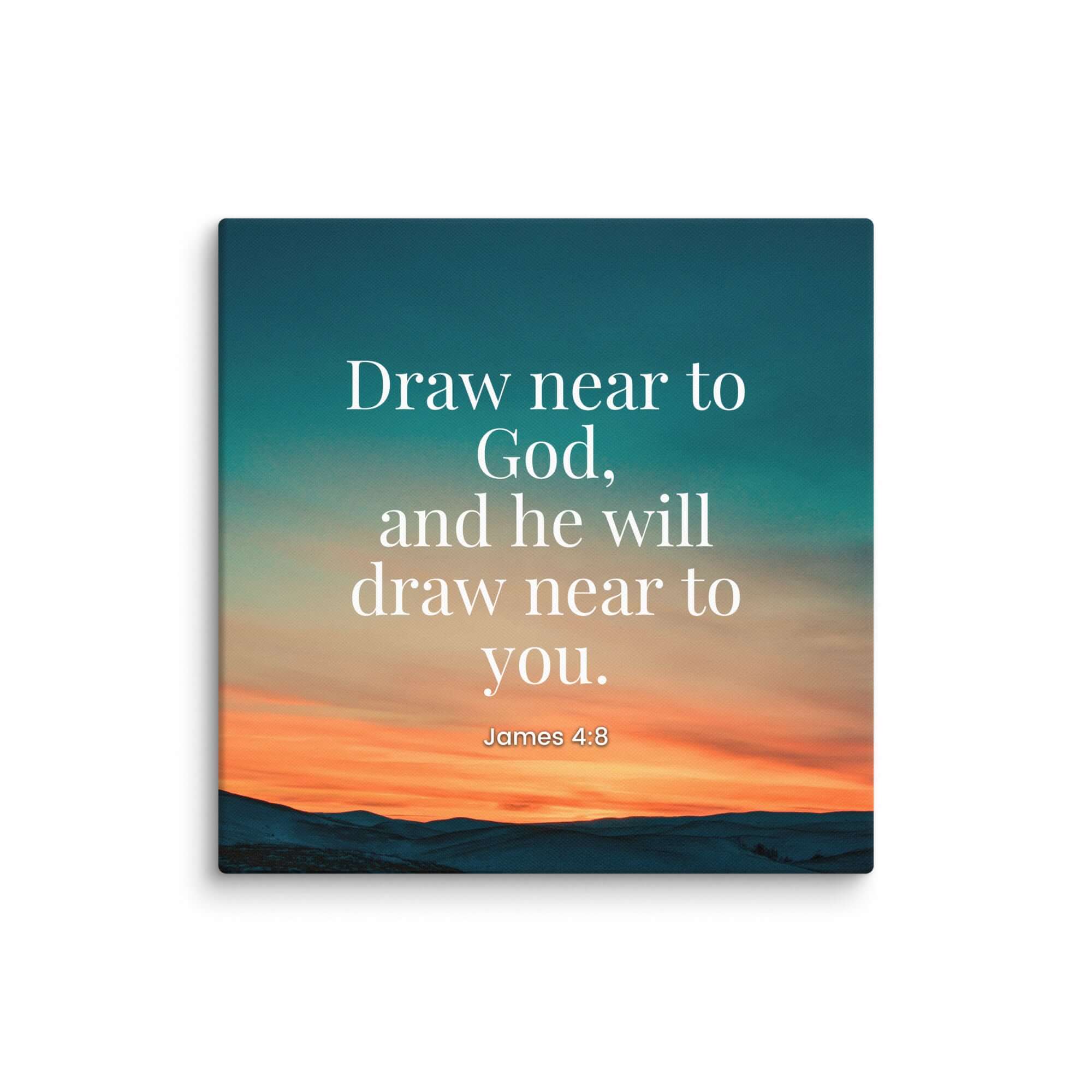Many people wonder if the Torah and the Old Testament are the same thing. While the terms are often used together, they are not completely identical. They are connected, but they describe different scopes of Scripture and come from different traditions.
What Is the Torah?
The word Torah comes from the Hebrew word meaning “instruction” or “law.” In Jewish tradition, the Torah refers to the first five books of the Bible:
- Genesis (Bereshit)
- Exodus (Shemot)
- Leviticus (Vayikra)
- Numbers (Bamidbar)
- Deuteronomy (Devarim)
Deuteronomy 31:24-26
“After Moses finished writing in a book the words of this law from beginning to end, he gave this command to the Levites who carried the ark of the covenant of the Lord: ‘Take this Book of the Law and place it beside the ark of the covenant of the Lord your God. There it will remain as a witness against you.’”
What Is the Old Testament?
The Old Testament is the Christian term for the collection of Scriptures written before the birth of Jesus. It includes all of the Torah, but it also contains historical books, poetry, and the writings of the prophets.
The Old Testament contains 39 books in most Protestant Bibles (more in Catholic and Orthodox traditions). It is usually divided into three sections:
- The Law (Torah)
- The Prophets (Nevi’im)
- The Writings (Ketuvim)
This three-part structure mirrors the Hebrew Bible (Tanakh).
Luke 24:44
“He said to them, ‘This is what I told you while I was still with you: Everything must be fulfilled that is written about me in the Law of Moses, the Prophets and the Psalms.’”
Comparing the Torah and the Old Testament
| Feature | Torah | Old Testament |
|---|---|---|
| Meaning | “Instruction” or “Law” in Hebrew | Christian term for all pre-Jesus Scriptures |
| Content | First 5 books of the Bible | 39 books (Protestant), including the Torah |
| Origin | Jewish tradition | Christian tradition |
| Scope | Narrower (law and early history) | Broader (law, history, poetry, prophecy) |
| Language | Hebrew (with some Aramaic) | Hebrew, Aramaic (translated into many languages) |
Why the Confusion?
The confusion comes because the Torah is the foundation of the Old Testament. In fact, when Christians refer to the Old Testament Law, they are often talking about the Torah specifically.
Joshua 1:8
“Keep this Book of the Law always on your lips; meditate on it day and night, so that you may be careful to do everything written in it. Then you will be prosperous and successful.”
In Jewish thought, the Torah is the heart of God’s covenant with Israel. In Christian thought, the Old Testament—beginning with the Torah—points forward to the coming of Jesus Christ.
John 5:46
“If you believed Moses, you would believe me, for he wrote about me.”
Final Thoughts
The Torah and the Old Testament are deeply connected but not identical. The Torah is part of the Old Testament, specifically the first five books, while the Old Testament includes the Torah along with the rest of the historical, poetic, and prophetic writings.
Understanding this difference helps us read Scripture with greater clarity—whether we are studying the covenant laws in Exodus or the prophecies of Isaiah.








